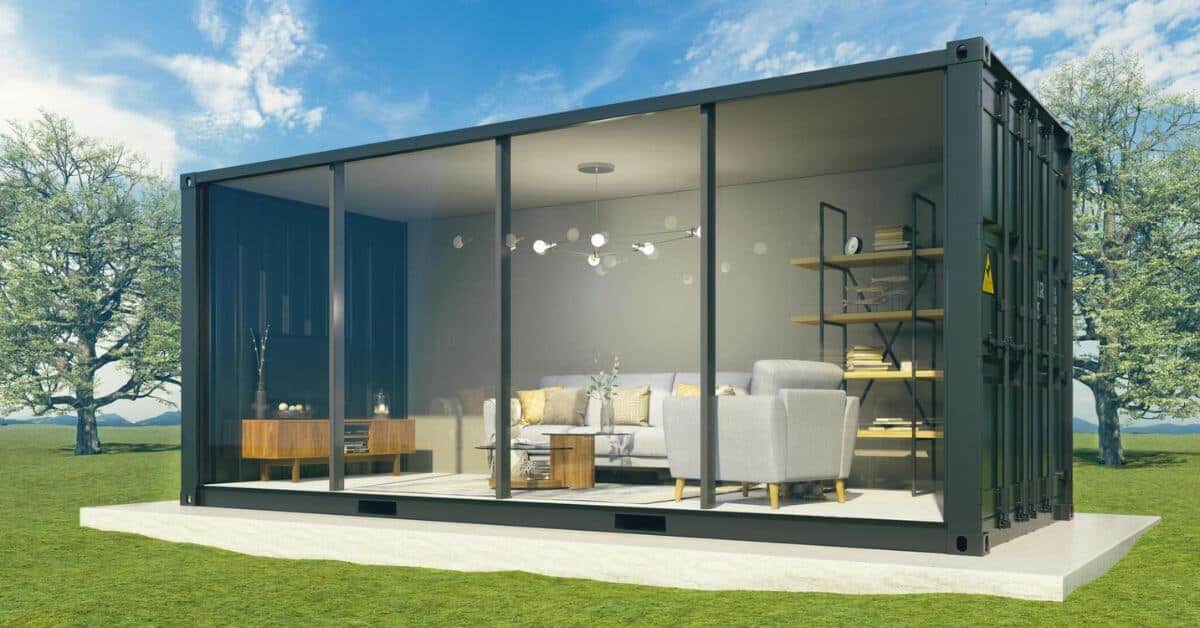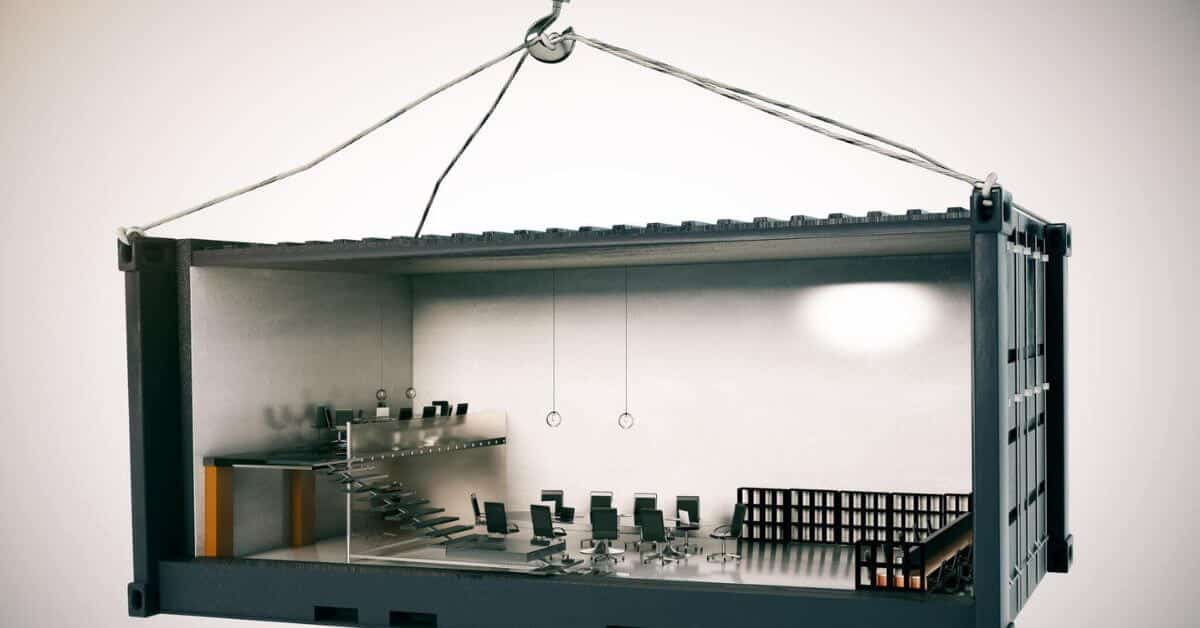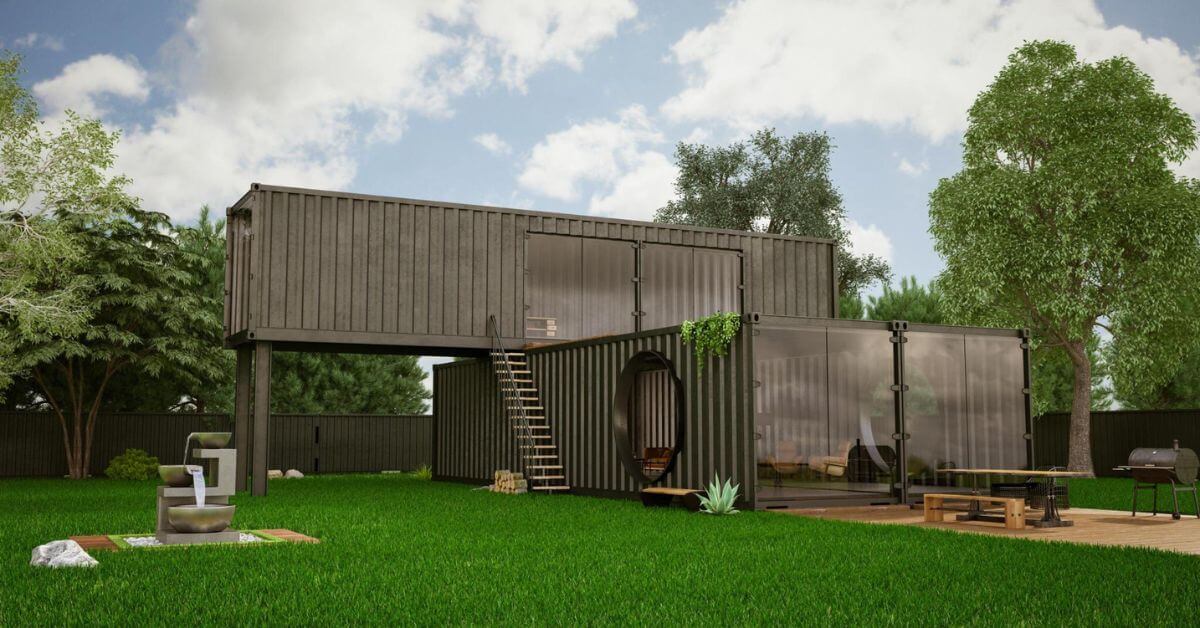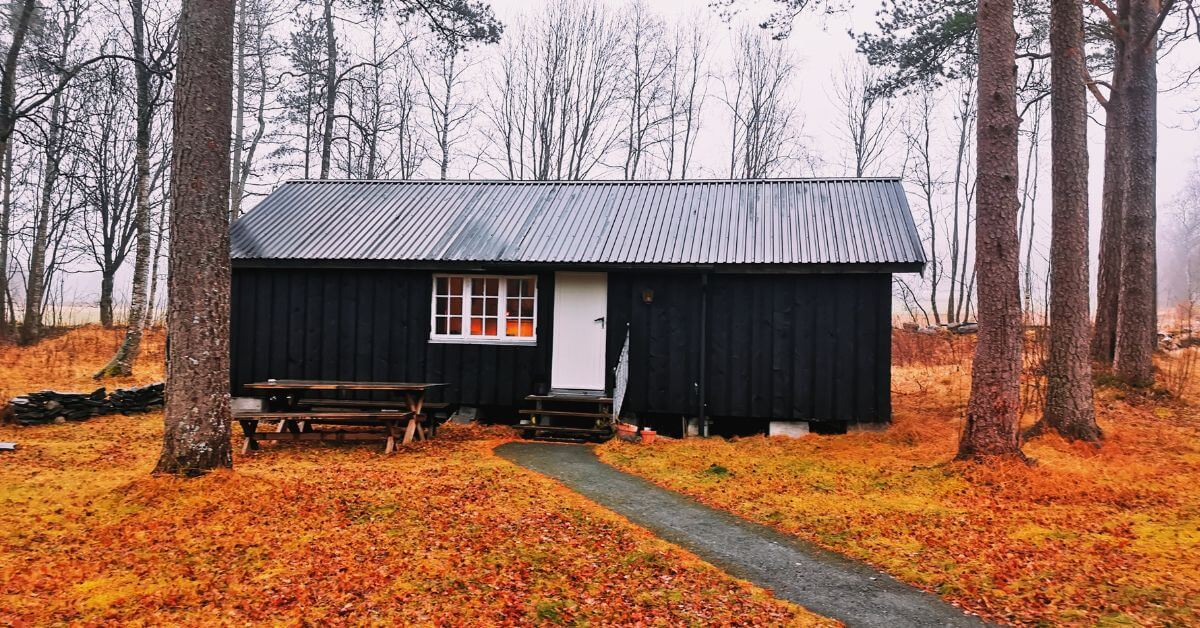
Using Container Homes to Open the Door to Sustainable Living : Innovative Container Homes: Transforming Spaces with Style and Sustainability
In the pursuit of sustainable living, innovative solutions are emerging to redefine the way we approach housing. Among these, container homes have gained significant attention worldwide, offering a blend of eco-friendliness, affordability, and versatility. This trend is especially gaining momentum in India, where the demand for sustainable housing solutions is on the rise.
What are Container Homes?
Container homes, also known as shipping container houses, utilize repurposed shipping containers as the primary building blocks for residential spaces. These containers, originally designed for transporting goods across the globe, are sturdy, durable, and readily available. By repurposing them into living spaces, container houses offer a sustainable alternative to traditional construction methods.

Advantages of Container Homes
- Environmental Sustainability: One of the most prominent benefits of container homes is their eco-friendliness. By repurposing discarded shipping containers, these homes contribute to reducing environmental waste and carbon footprint associated with traditional construction materials.
- Cost-Effectiveness: Container houses are often more cost-effective than conventional houses. The use of recycled containers significantly reduces material costs, making sustainable housing more accessible to a broader demographic.

Modern living in a minimalist footprint: Container homes redefine urban dwelling with innovative design and sustainability at their core. - Rapid Construction: Unlike traditional construction projects that can take months or even years to complete, container homes can be built in a fraction of the time. The modular nature of shipping containers allows for quick assembly, enabling homeowners to move into their new dwelling sooner.
- Customization and Versatility: Container houses offer unparalleled flexibility in design and layout. From compact single-container dwellings to spacious multi-container structures, the possibilities for customization are endless. This adaptability allows homeowners to tailor their living spaces to meet their specific needs and preferences.
Challenges and Considerations
While container homes offer numerous benefits, they also present some challenges that need to be addressed:
- Insulation and Temperature Control: Proper insulation is essential to ensure comfort and energy efficiency within container houses , particularly in regions with extreme climates like India. Adequate insulation and ventilation systems must be integrated into the design to regulate indoor temperatures effectively.
- Building Regulations and Permits: Navigating building codes and regulations can be challenging when constructing container homes. In India, where regulatory frameworks may not always accommodate non-traditional construction methods, obtaining permits and approvals can be a cumbersome process.

Modern living in a minimalist footprint: Container homes redefine urban dwelling with innovative design and sustainability at their core. - Aesthetics and Perception: Overcoming the perception of container homes as “industrial” or “temporary” structures can be another hurdle. However, with thoughtful design and creative architectural solutions, container houses can be transformed into stylish and comfortable living spaces that rival traditional homes in terms of aesthetics.
The Growing Trend in India
Despite these challenges, the popularity of container houses is steadily increasing in India. With a growing awareness of environmental issues and a shift towards sustainable living practices, more people are embracing the concept of repurposed shipping containers as a viable housing solution.
In addition to individual homeowners, developers, and architects are also exploring container architecture for various projects, including affordable housing initiatives, eco-resorts, and commercial spaces. This trend underscores the versatility and potential of container homes to address diverse housing needs while promoting sustainability.

Conclusion
Container houses represent a promising solution to the pressing challenges of housing affordability and environmental sustainability in India. By harnessing the potential of repurposed shipping containers, these homes offer a blend of functionality, affordability, and eco-friendliness that resonates with the aspirations of modern homeowners.
As the demand for sustainable housing continues to grow, container homes are poised to play a significant role in shaping the future of residential architecture in India. With innovation, creativity, and a commitment to sustainability, container houses have the potential to unlock a new era of sustainable living for generations to come.
Frequently Asked Questions (FAQ) for Container Homes
What is a container home?
- A container home is a dwelling made from repurposed shipping containers. These containers are typically made of steel and are used as the structural foundation for constructing homes and other buildings.
Are container homes environmentally friendly?
- Yes, container houses are often considered environmentally friendly because they repurpose materials that would otherwise go to waste. Additionally, constructing with containers can reduce the need for new building materials, thus decreasing the overall environmental impact.
How much do container houses cost?
- The cost of a container home can vary widely depending on factors such as size, design, location, and customization. Generally, container houses can range from being relatively affordable to comparable to traditional home construction costs.
Are container homes durable?
- Yes, shipping containers are designed to withstand harsh conditions during transport overseas, making them highly durable. With proper insulation and reinforcement, container houses can be as durable as traditional homes.
Can container homes be customized?
- Yes, container houses offer a great deal of flexibility in terms of customization. They can be modified to include various architectural styles, layouts, and amenities to suit individual preferences and needs.
Do container homes meet building codes and regulations?
- Container houses must comply with local building codes and regulations, just like traditional homes. Depending on the location, modifications may be required to meet safety, structural, and zoning requirements.
Are container houses suitable for cold climates?
- With proper insulation and heating systems, container houses can be adapted for cold climates. However, additional insulation and weatherproofing may be necessary to ensure comfort and energy efficiency.
Can container houses be expanded?
- Yes, container houses can be expanded by adding additional containers or incorporating traditional building materials for expansions. The modular nature of containers allows for relatively easy expansion compared to conventional construction methods.
What are the advantages of container houses?
- Advantages of container houses include affordability (compared to traditional construction), durability, sustainability, flexibility in design, and relatively quick construction time.
Are there any disadvantages to container houses?
- Some potential disadvantages of container Houses include limitations in size and layout due to the dimensions of standard shipping containers, the need for insulation and ventilation to prevent issues like condensation, and potential challenges in obtaining financing or insurance due to the unconventional nature of container construction.


